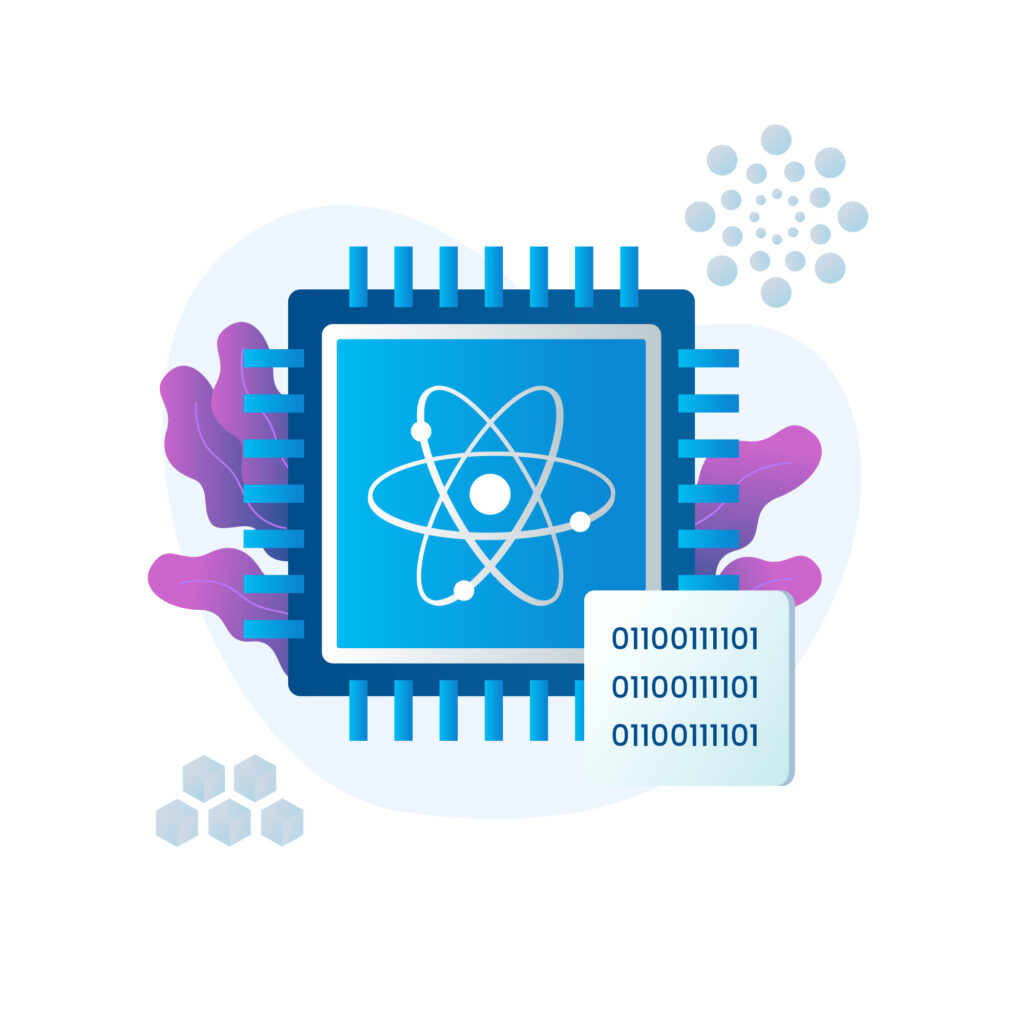

1. Generative AI: The Creative Revolution
Generative AI, a subset of artificial intelligence, is on the cusp of transforming industries by creating new content autonomously. From generating realistic visuals to crafting compelling marketing copy, this AI promises to automate tasks, boost creativity, and deliver personalized customer experiences. The market for generative AI is projected to reach $66.62 billion in 2024, with a compound annual growth rate (CAGR) of 20.80% between 2024 and 2030. Multimodal AI, which processes multiple input types like text, images, and sound, will further enhance the capabilities of AI systems.

2. Sustainable Technology: Greening Business Practices
Environmental consciousness is on the rise, and sustainable technology is at the forefront. Adopting eco-friendly practices not only reduces environmental impact but also appeals to an increasingly eco-conscious consumer base. From reducing energy consumption to developing eco-friendly products, sustainable technology is a must for businesses aiming to enhance their brand reputation.

3. Cyber Resilience: Fortifying Against Sophisticated Threats
As cyber threats become more sophisticated, cybersecurity is no longer optional; it’s essential. Cyber resilience involves robust measures such as strong access controls, regular employee education, and investments in advanced cybersecurity solutions. With the rise of quantum computing, traditional encryption methods are at risk, making the transition to post-quantum cryptography a necessity. Businesses must prioritize cyber resilience to safeguard their data and infrastructure.

4. Phygital Convergence: Blurring the Lines Between Digital and Physical
The boundary between digital and physical experiences is fading through phygital convergence. This trend involves seamlessly integrating digital technologies into physical spaces, enhancing customer experiences and providing real-time personalized services. Phygital convergence can help businesses craft immersive retail experiences, collect invaluable data on customer behavior, and offer personalized customer service. It’s a trend that promises to revolutionize how we interact with both the virtual and real worlds.

5. Quantum Computing: Solving the Unsolvable
Quantum computing is on the cusp of transitioning from theoretical potential to tangible benefits. With its ability to perform vast numbers of calculations simultaneously using quantum bits (qubits), quantum computing can solve complex problems that are currently beyond the reach of classical computers. This technology is poised to revolutionize industries such as pharmaceuticals, finance, and logistics by drastically reducing the time to market for new products and optimizing complex processes
